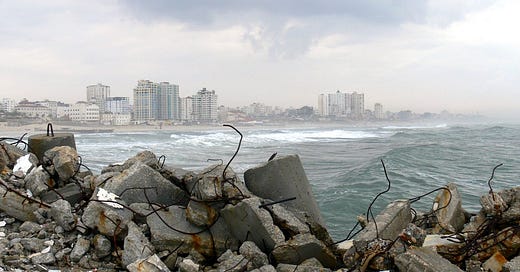War casualties are usually inflicted by the other side
Modern war propaganda demands a false agnosticism that's defied by history and common sense.

Until about a century ago, deaths in war usually didn’t come from warfare itself. It came from the diseases like typhus and dyssentary that inevitably accompanied large groups on men living in close quarters under unsanitary conditions. In the US Civil War, for example, about 225k soldiers …
Keep reading with a 7-day free trial
Subscribe to Carl Beijer to keep reading this post and get 7 days of free access to the full post archives.




